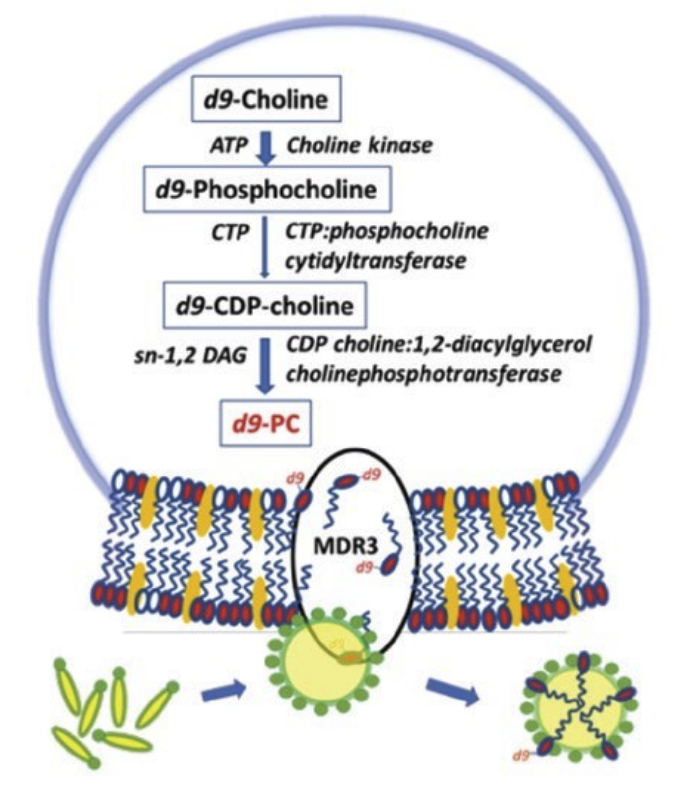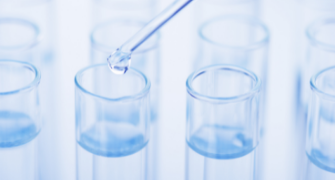In Vitro Services
Permability and Transporters
 Services & Solutions
/
Drug Metabolism & Pharmacokinetics (DMPK)
/
In Vitro Services
/
Permability and Transporters
Services & Solutions
/
Drug Metabolism & Pharmacokinetics (DMPK)
/
In Vitro Services
/
Permability and Transporters

At Frontage, we have extensive experience in drug transporter research.
We offer comprehensive transporter services to support projects from discovery to development, including screening, and full characterization of both uptake and efflux transporters.
Efflux transporter in vitro models
- Efflux transporter in vitro models
- Caco-2, MDCK-II cells
- P-gp and BCRP stably transfected cells, membrane vesicles
- MDR3cyte®, BSEPcyte®
- Caco-2, MDCK-II cells
- Uptake transporter in vitro models
- Stably transfected cells: OATP1A2, OATP1B1/1B3, OATP2B2, OAT1/2/3/4, OCT1/2, MATE1/2K
- Hepatocytes: OATP1B1/1B3, NTCP, OCT1
- Evaluate test articles as substrates and inhibitors of transporters
- Assess permeability and determine BCS classification
We Provide Innovative Solutions to Better Understand the Implication of Transporters in Drug-Induced Liver Injury (DILI
Hepatic transporters help facilitate bile production by exporting bile salts and phosphatidylcholine (PC) from hepatocytes. In human, inhibition of bile salt export protein (BSEP, ABCB11) and/or multidrug resistance protein 3 (MDR3, ABCB4) can lead to potentially serious DILI.
Drug candidates can be screened for inhibition of BSEP and/or MDR3 to assess DILI risk. BSEPcyte® and MDR3cyte® assays detect the potential of drug candidates to inhibit BSEP and MDR3, respectively. Both approaches utilize a hepatocyte suspension platform, which offers several advantages over other in vitro techniques:
BSEPcyte®
BSEP is responsible for the biliary secretion of bile salts, which is the primary driving force for enterohepatic recirculation of bile salts and maintaining bile flow. Inhibition of BSEP by a diverse range of drugs or therapeutic agents is associated with DILI. At Frontage, we have developed a novel assay, BSEPcyte®, that accurately measures BSEP inhibition.

BSEPcyte® is protected by patent US 9,772,325
MDR3cyte®
MDR3 is primarily expressed in the canalicular membrane of hepatocytes and is responsible for the biliary secretion of PC. PC combined with bile salts forms mixed micelles in bile that solubilize cholesterol and prevent highly concentrated bile salts from damaging biliary canaliculi epithelial cells. Mutations in the human MDR3 gene are associated with progressive familial intrahepatic cholestasis, primary biliary cirrhosis, cholangiocarcinoma, and DILI. The novel MDR3cyte® assay platform at Frontage can provide an accurate assessment of MDR3 inhibition by drug candidates and new chemical entities.

MDR3cyte® is protected by patent US 10,280,401
Discover the following In Vitro services at Frontage

Metabolite Profiling and Identification
A key in supporting the development of your drug candidate.

Kinetics & Metabolic Stability
Evaluating pharmacokinetic parameters is essential for determining drug dosing and frequency.

Drug-Drug Interaction
Drug-drug interaction and evaluation is an important undertaking in drug development.

Permability and Transporters
Comprehensive transporter services to support projects from discovery to development.

Protein Binding and Blood Cell Partitioning
A determinant of both drug elimination and drug pharmacological activity.
Resources To Consider


Drug Transporters Services

BSEPcyte® and MDR3cyte®: Innovative Solutions for Investigating…

DMPK Services Fact Sheet

